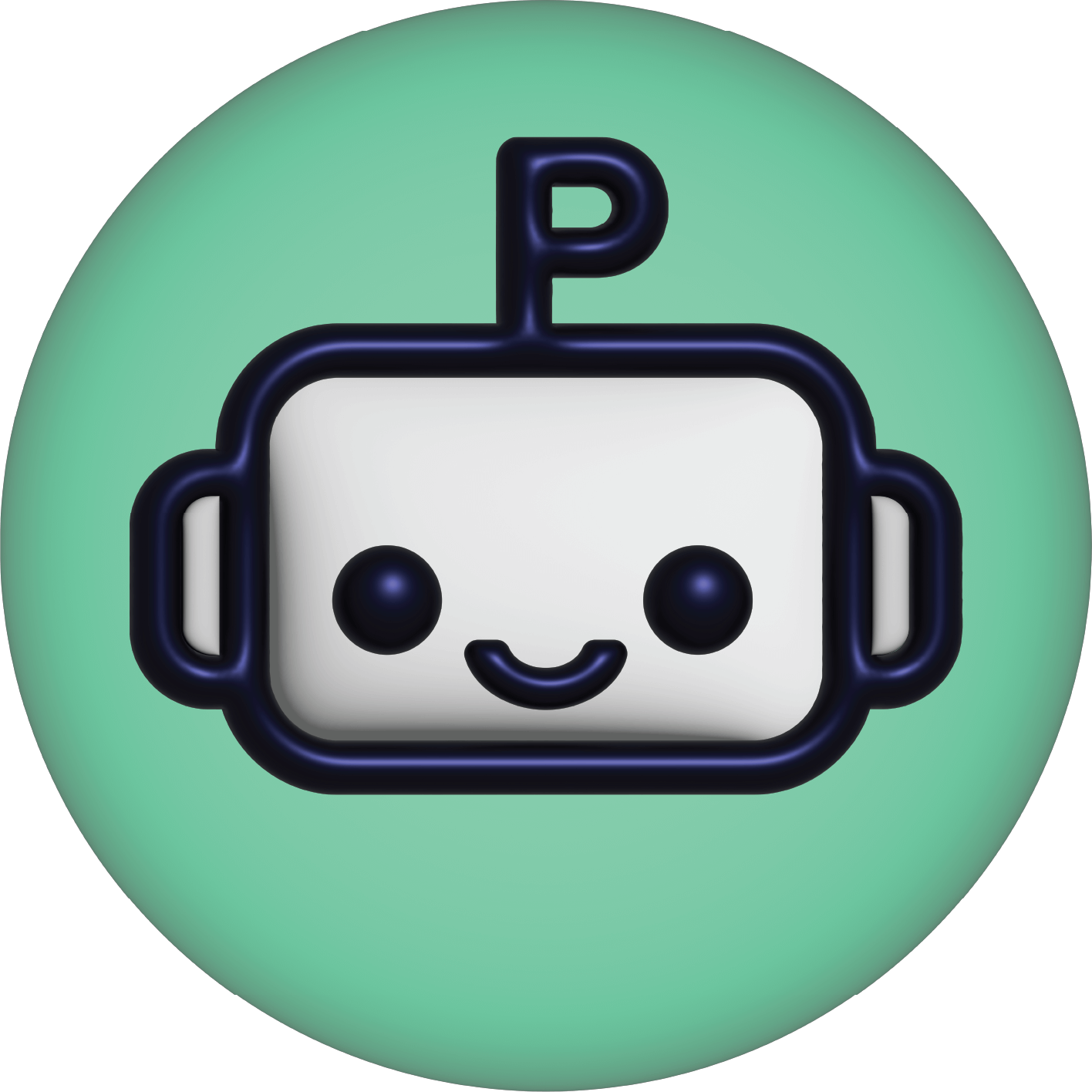
Artificial intelligence (AI) is the development of computer systems that perform tasks usually done by humans - image and speech recognition, decision-making and problem-solving. By automating these processes, AI has become helpful in numerous industries, and its impact is significant. Examples can be found in:
- Health Industry: AI is used to enhance diagnosis, drug discovery, and personalise treatment plans
- Finance industry: AI can read vast data, recognise patterns and make predictions, and help with fraud detection.
- Cybersecurity: AI helps detect and prevent cyber threats and predicts potential risks. It enhances network security, fraud detection, and data protection.
- Retail and E-commerce: AI can track customers' behaviour and purchase history to provide better recommendations and advertising.
With the increased use of AI, it is beneficial to learn and understand it, especially in the rapidly changing technology world. Learning AI can give you the skills to use it efficiently, be part of new discoveries, and solve complex problems in different areas.
My experience with Al
I started learning Al at university as part of my Computer Science degree. What I liked about it was the logic behind the code and the specific result. I first trained an AI model to predict diagnosis based on tests correctly. That made me realise the importance and impact AI can have.
Since then, I have worked on image classification and text recognition to classify emails as spam. I am currently developing an AI model to help predict potential food orders based on marketing spending for a big meal prep company.
One of the challenges I've faced is that AI is being continuously developed, so to keep on top of things, I have had to keep on learning and improving my existing coding skills. I am happy to have achieved a certificate from the University of Harvard by completing their short AI course.

Why learn Al as a beginner?
The demand for AI skills in today's job market is increasing as AI can be applied in numerous industries. Employers seek talented developers who can leverage AI to enhance productivity, make data-driven decisions and drive innovation.
Being skilled in developing computer systems that use AI can open the door to many career opportunities. Since AI is growing, there will always be a demand for developers who can utilise their skills to enhance different parts of a business regardless of its industry.
Getting started with Al
Getting started with AI can be overwhelming. So here is my step-by-step guide. First, familiarise yourself with different programming languages such as Python, JavaScript, Typescript or C#. Knowing the basics can help you understand AI. The next step is to research AI and decide what impact you want to make by training such a model. Usually, finding a project where you can apply AI is a good starting point. The final step is to learn AI by doing different courses and testing your skills by using your knowledge.
University degree is always beneficial if you want a broader understanding of the subject. However, I believe doing online courses is the best way to get hands-on experience with AI. Such can be found on different platforms like LinkedIn Learning, Coursera and Edx. Most AI courses for beginners also provide you with practical projects such as image recognition, search engine and even games like tic-tac-toe and chess.

Tips and advice for beginners
- Start with understanding the basics of AI, such as algorithms and machine learning. You don't need to be a math wizard, but simple math is part of the process.
- Join coding and AI communities in person and online where you can communicate with fellow beginners and network with more advanced developers. Seek advice, ask for examples, and learn from their experience.
- Apply your knowledge on different projects to get hands-on experience.
- With AI changing continuously, keep looking for new developments, the latest advancements and recent research and technologies to encourage and develop ongoing learning.



















